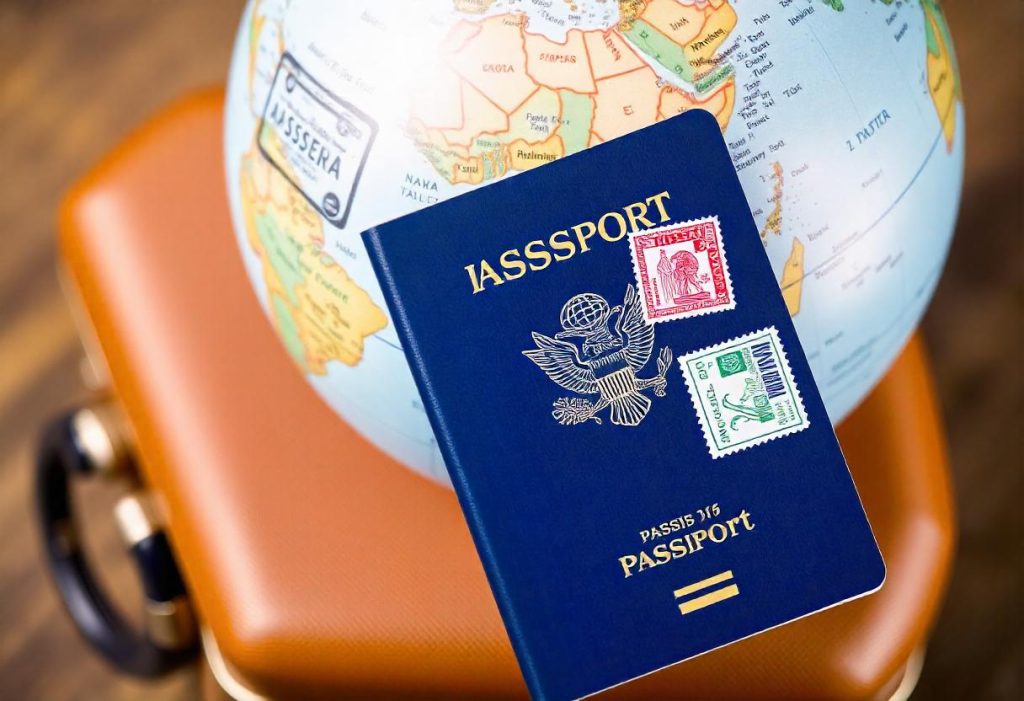Understanding work visas and immigration processes is crucial for anyone seeking global job opportunities. The regulations and requirements can vary significantly between countries, impacting your ability to work abroad legally. Here’s a comprehensive guide to help you navigate work visas and immigration for global jobs:
1. Types of Work Visas
- Temporary Work Visas: These are typically issued for a specific period and often tied to a particular job or employer. Examples include the H-1B visa in the U.S. and the Tier 2 visa in the UK.
- Permanent Work Visas: These allow you to live and work in a country indefinitely. For instance, the U.S. offers employment-based green cards, while Canada has permanent resident status for skilled workers.
- Student Work Visas: Many countries allow international students to work part-time while studying. After graduation, some provide pathways to transition to full-time employment.
- Investor Visas: These are for individuals investing a substantial amount of capital in a country, often leading to residency or citizenship.
2. Common Requirements for Work Visas
- Job Offer: Most work visas require a valid job offer from an employer in the host country.
- Sponsorship: In many cases, your employer must sponsor your visa application, demonstrating that no local candidates are available for the position.
- Qualifications and Experience: You may need to provide proof of relevant qualifications, skills, and work experience.
- Language Proficiency: Some countries require proficiency in the local language, often demonstrated through standardized tests.
- Health and Character Checks: Many countries mandate health examinations and background checks to ensure you meet their health and character standards.
3. Application Process
- Research Requirements: Each country has specific visa categories and requirements. Start by researching the type of visa that suits your situation.
- Gather Documentation: Collect necessary documents, including your resume, job offer letter, educational certificates, and any other required paperwork.
- Submit Application: Follow the application process outlined by the relevant immigration authority, which may include online submissions, interviews, and biometrics.
- Wait for Approval: Processing times can vary. Be prepared for delays, and check the status of your application regularly.
4. Visa Compliance
- Understand Visa Conditions: Familiarize yourself with the conditions of your visa, such as work restrictions, duration of stay, and renewal processes.
- Maintain Legal Status: Ensure you adhere to all regulations to avoid jeopardizing your immigration status. This includes avoiding unauthorized employment or overstaying your visa.
5. Family and Dependent Visas
- Bringing Family Members: Many countries allow you to bring family members (spouses, children) under dependent visas. Research the requirements for including family in your application.
- Work Rights for Dependents: In some cases, dependents may also have the right to work. Check local regulations regarding their eligibility.
6. Pathways to Permanent Residency
- Transitioning from Temporary to Permanent: Many work visas offer pathways to permanent residency after fulfilling specific requirements, such as duration of employment and compliance with visa conditions.
- Employer Sponsorship: In some cases, your employer can sponsor your application for permanent residency.
7. Consulting Immigration Experts
- Seek Professional Advice: Navigating the complexities of immigration law can be challenging. Consulting immigration attorneys or specialized agencies can provide valuable insights and assistance.
- Stay Updated on Policy Changes: Immigration laws and policies are subject to change. Regularly review the regulations relevant to your situation to stay informed.
8. Cultural and Legal Considerations
- Cultural Adaptation: Understanding the cultural context of the country you plan to work in can ease your transition and help you integrate more effectively.
- Legal Obligations: Familiarize yourself with local laws and workplace regulations to ensure compliance and avoid legal issues.
Conclusion
Understanding work visas and immigration processes is essential for successfully navigating global job opportunities. By researching visa types, requirements, and application processes, you can enhance your chances of securing a position abroad. Consulting with immigration experts and staying informed about changing regulations can also facilitate a smoother transition to working in a different country. With careful planning and preparation, you can embark on an exciting global career journey.

